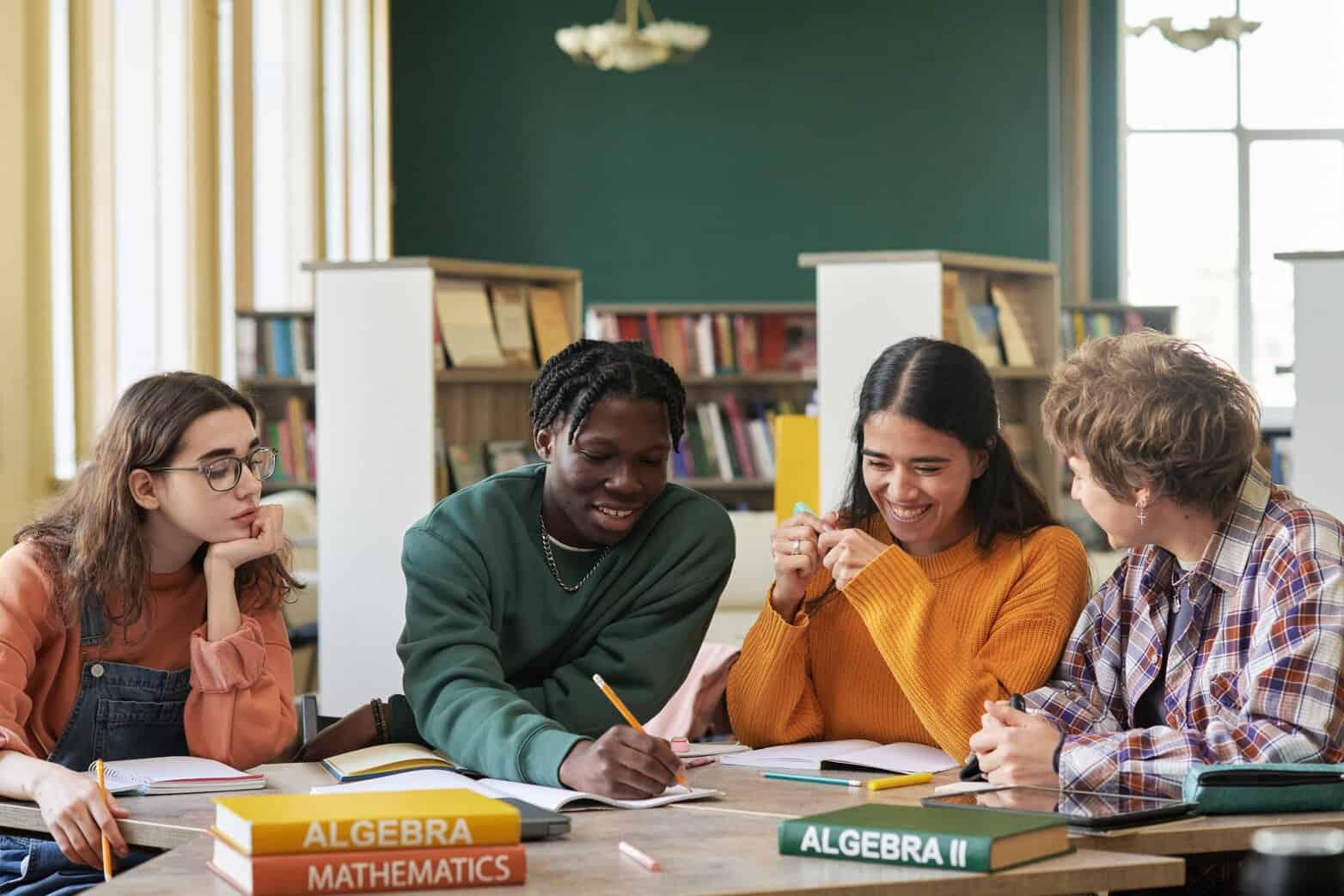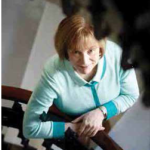In this series, Linda Bevilacqua, President of the Core Knowledge Foundation, will share an instructional materials developer’s perspective on the current materials landscape as well as provide an in-depth look at the Core Knowledge curricular materials. If you have questions you’d like Linda to address, please submit them to ccssmaterials@studentsachieve.net.
How does the knowledge-building focus of Core Knowledge help build literacy skills?
It is important to understand that, from our perspective, building literacy is not just about teaching reading. To be truly literate, students must build language competence in the big picture sense described in the CCSS, i.e., students must be competent in listening, speaking, reading, and writing. See Appendix A of the CCSS-ELA, especially, “Speaking and Listening.”
Core Knowledge Language Arts (CKLA) intentionally builds a broad foundation of knowledge, providing experience with rigorous academic content and very complex text, through the use of scaffolded read-alouds starting in preschool. During the course of listening to these highly interactive read-alouds, written specifically for CKLA on designated topics, children examine large, detailed illustrations as they listen to the teacher read aloud, essentially “wrapping language” around the more concrete, visual representations the students are studying. Teachers are prompted to pause frequently during and after the read-aloud to ask many different types of probing questions, similar to the types of questions students will be expected to ask and answer when they are independent readers of written text. So, not only are students “building knowledge” by listening to the complex oral language of the read-alouds – we actually intentionally wrote the read-aloud text to be about two grade levels above the students’ actual grade placement – but they are also practicing the instructional routine of asking and answering questions about what they hear or read that is the basis of reading comprehension instruction.
I should mention several other important points as well about the knowledge-building approach of CKLA:
- In K-2, there are two, intentionally separate, independent strands of instruction: “Skills” and “Listening and Learning.” In these early grades, the topics that students are hearing about during the Listening and Learning read-alouds are unrelated to the content of the text that students are reading in their decodable Readers. The reason for this is simple: it takes time to build decoding competence of the 150+ sound-spelling patterns in the English language. While students in first grade are more than capable of listening to and understanding scaffolded read-alouds that include words such as pyramid, archaeologist, pioneer, expedition, digestion, nutritious, astronomy, meteor, and the like, they do not possess the necessary phonics skills needed to decode and read these words. By the end of second grade, however, students who have successfully completed the K-2 Skills Strand will have the skills they need to decode just about any word they encounter when they read.
- While CKLA continues to leverage the use of read-alouds through the upper elementary grades, a shift in focus does occur. Beginning in third grade, the Readers students use become the primary vehicle for knowledge building. While students in the upper elementary grades still listen to an occasional read-aloud, usually about once a week instead of every day, there is a shift in responsibility from the teacher reading aloud to students reading independently in order to gain knowledge.
- The CKLA approach to building knowledge is to “stay on a topic” for 2-3 weeks. Read-alouds and reader chapters are organized by “domains” of knowledge. That is, each unit includes read-alouds and/or chapters that are all related to the same topic. Examples of different CKLA domains include early world civilizations, the Middle Ages, the American Revolution, classification of animals, insects, ecology, and so on. A domain of knowledge has domain-specific vocabulary that students are likely to encounter repeatedly as they listen to read-alouds and/or read chapters over the course of the entire unit. Indeed, when one is learning about a new topic or domain, much of what one learns as “new knowledge” is new vocabulary! In a domain on the Middle Ages, for example, students are likely to encounter words like medieval, noble, lord, serf, knight, chivalry, etc., on multiple occasions in many different read-alouds and/or chapters. These multiple exposures to domain vocabulary in a 2-3 week unit accelerate vocabulary learning and acquisition. In addition to enhancing literacy skills, building knowledge by staying on a topic also increases the number of vocabulary words students learn at a more rapid rate.
In what ways does Core Knowledge support Common Core-aligned instruction?
Informed by the same research base used to create the CCSS, the instructional design of the CKLA curriculum is not simply aligned to the CCSS-ELA –it embodies the spirit and intent of the Standards. Thought was given to each component and feature of CKLA to facilitate teachers’ implementation of the best, researched-based, early literacy practices called for in the CCSS-ELA. In addition, CKLA is designed to provide teachers with a clear and transparent understanding of how lessons, objectives, activities, and assessments are related to the CCSS-ELA. For example:
- Unit introductions include easy-to-read charts that clearly indicate what standards are addressed in each lesson of the unit.
- Lesson objectives are clearly tagged by standards.
- Every lesson includes formative assessments so teachers can readily measure student progress on lesson objectives.
We continue to create additional resources, available at no cost, to support teachers using CKLA. The CKLA P–5 Implementation Resources Guide, downloadable for free from our website, includes turn-key professional development, view-on-demand webinars, video clips of teachers demonstrating model lessons, and more.
We also encourage educators to communicate directly with us at CKLA@coreknowledge.org if they have questions, are faced with a challenge and are looking for suggestions, want to provide feedback, etc. The Core Knowledge Foundation staff who respond to these emails – generally within 24 hours – are former teachers and are the same people who created the CKLA materials and professional development.
Core Knowledge Language Arts curricular materials for grades Prek-5 are available for free download at http://www.coreknowledge.org/ckla-files.


















